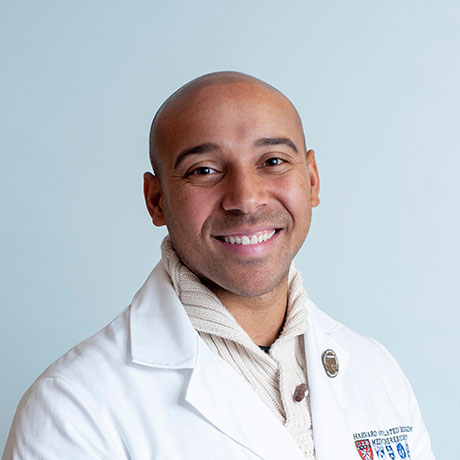As Civic Health Month in August wraps up, the Center for Innovation for Social Work and Health (CISWH) at BUSSW continues to collaborate with Vot-ER, a national nonprofit and nonpartisan organization, to address social work leadership in healthcare and promote civic health engagement. The partnership is focused on the education, practice, and training of social workers nationwide to be leaders in health equity and civic health engagement.
“The COVID-19 pandemic bared the ugly truth about the inequities in our country, especially as it relates to the health of individuals and certain communities in our country. Long before health authorities cast COVID-19 as a pandemic of the unvaccinated, the crisis illuminated the fragility of life for those families without stable housing, adequate food, or ready access to health care,” stated Eleanor Zambrano, executive director of CISWH, and Kristina Whiton-O’Brien (SSW’95), director of partnerships for Vot-ER.
“Civic health engagement means we all participate in the decision-making process that shapes the health and social policy systems that impact us all. If a community has strong civic health, it can be more resilient in times of crisis,” they continued.
Social Work & Civic Health
Social workers are stewards in healthcare and focus on addressing the social complexities of health. The field’s principles focus on self-determination and building bridges for communities and health. By taking an active role in promoting civic health engagement, social workers can directly reduce health disparities in U.S. communities. Research has shown that communities with strong civic health experience higher life expectancies, better employment rates, improved schools and revitalized neighborhoods.
Taking Action
In their article, the leaders made clear that “right now, we have an opportunity, and a critical window of time, to rethink how we tackle social factors that influence health — from employment to housing — before the next global emergency strikes. Doctors, nurses, social workers, and other care providers are perfectly positioned to help patients take a key step in uplifting their own health through voter registration. We are calling on all health care professionals nationwide to take an active role in registering your patients to vote.”
Increasing voter registration rates increases community connections, involvement in problem-solving, and participation in decision-making. It gives patients a voice in shaping the policies that drive inequities and health disparities. Massachusetts has more than 27,000 physicians, more than 150,000 licensed nurses, and almost 30,000 social workers – meaning increased voter registration in Massachusetts alone has the potential to make significant change in communities throughout the state.
As part of the partnership, student fellow Victoria Brown (MPH/MSW) is working on a new pilot of Vot-ER’s Health Democracy Campaign, that will replicate the national competition and challenge social work schools to register the most voters during National Civic Health Month.
Voting and civic health engagement are just two non-partisan tools providers can use to uplift communities, improve the wellness of all people, and promote community involvement in future decision-making after the devastation of a global pandemic.
The CISWH/Vot-ER partnership also includes:
- A national strategic planning group focused on educating and training social workers about civic health engagement
- National events focused on social work, public health, and civic health engagement
- A communications strategy to build a national audience
- Identification of funding sources to build stronger partnerships nationwide and increase research opportunities
Resources
Partnership Stakeholders
- Allister Martin, MD, MPP, Harvard Medical School, Founder at Vot-ER
- Kristina Whiton-O’Brien, MSW, Director of Partnerships at Vot-ER
- Jorge Delva, Dean, BUSSW; Director, CISWH
- Eleanor Zambrano, Executive Director, CISWH
- Geoffrey Wilkinson, Leadership Core Director, CISWH
- The University of Connecticut School of Social Work
- The University of Tennessee at Knoxville
- The University of Missouri at Kansas City
- St. Ambrose University-Iowa

 Justin D. Hodge, LMSW
Justin D. Hodge, LMSW
